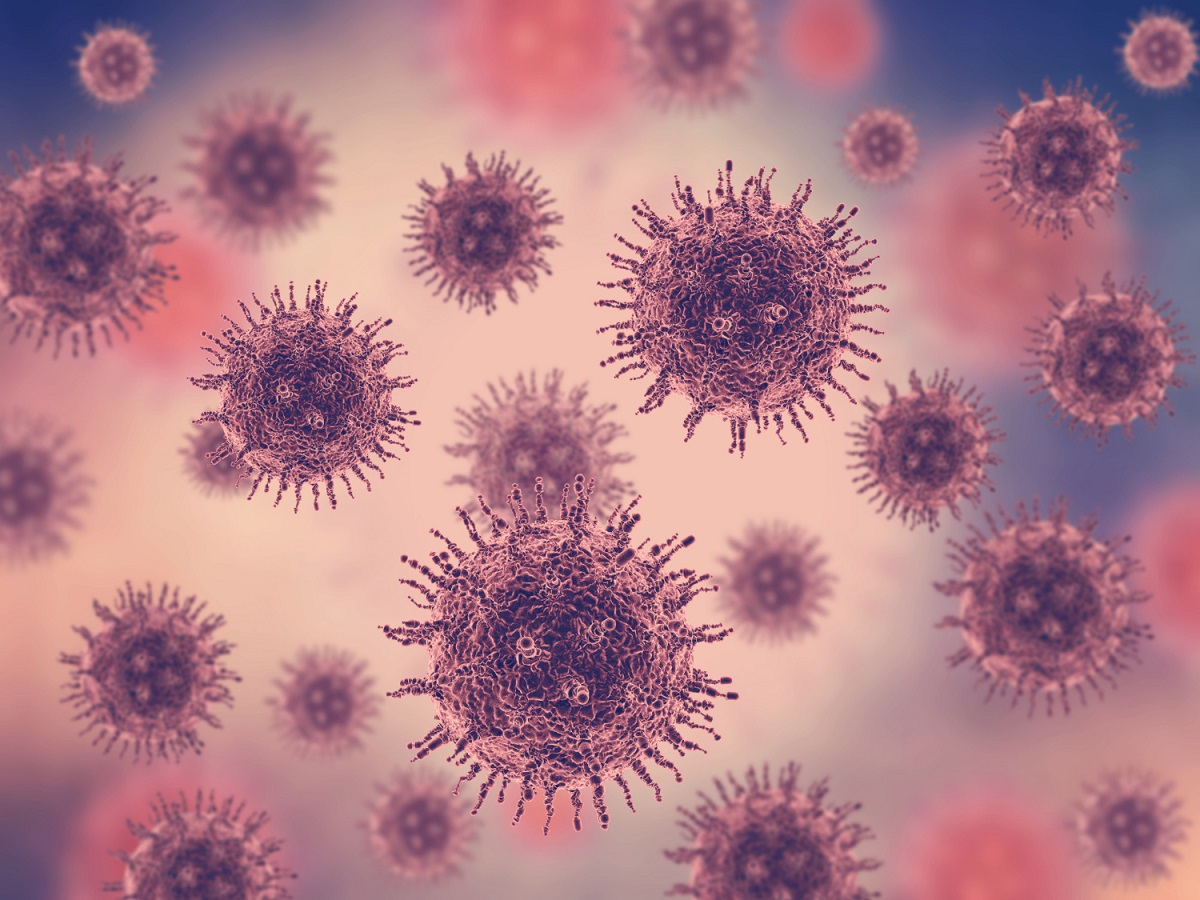KEY TAKEAWAYS
- The GLOW phase III trial aimed to analyze how CLL baseline genetics impact uMRD at 3 months and PFS in Ibr+Ven vs. Clb+O treatment.
- The result demonstrated that Ibr+Ven improves PFS vs. Clb+O in CLL, yet uIGHV and trisomy-12 show hints of shorter PFS.
For a study, researchers aimed to analyze how chronic lymphocytic leukemia(CLL) baseline genetics impact undetectable minimal residual disease(uMRD) at 3 months and progression-free survival(PFS) in ibrutinib+venetoclax(Ibr+Ven) vs. chlorambucil+obinutuzumab(Clb+O) treatment.
Patients aged 65 or older, or 18–64 years with a cumulative illness rating scale score >6 or creatinine clearance <70 mL/min, were randomly assigned in a 1:1 ratio and stratified by del(11q) and IGHV status. Those with del(17p) or known TP53 mutation were excluded.
The primary outcome was undetectable minimal residual disease (uMRD) (<10−4) in peripheral blood assessed through next-generation sequencing. Time-to-event variables were analyzed using Cox proportional hazard models, Kaplan-Meier estimates, and log-rank tests. Binary variables were compared using Fisher’s exact test. Reported P-values are nominal.
Among the patients, 18.5% had del(11q), 19.4% had trisomy-12, 29.4% had del(13q), 58.8% had unmutated IGHV (uIGHV), and 31.8% had mutated IGHV (mIGHV). Mutations in IGLL5 were more frequent in mIGHV, while NOTCH1-ICD, XPO1, RPS15, and MGA were more prevalent in uIGHV (P<0.01). uMRD rates at the end of treatment plus 3 months (EOT+3) were 54.7% (Ibr+Ven) and 39.0% (Clb+O).
Observed uMRD differences in patients with or without individual genomic aberrations or mutations were not statistically significant. The median follow-up was 46 months. Progression-free survival (PFS) and overall survival (OS) with Ibr+Ven were significantly improved versus Clb+O (HR, 0.21 [95% CI, 0.14-0.33], P<0.0001 and 0.49 [0.26-0.91], P=0.0205).
For Ibr+Ven, trisomy-12 (HR 2.54 [1.15-5.59]) and uIGHV (3.73 [1.12-12.43]) were associated with shorter PFS compared to wild-type and mIGHV, respectively. Imbalances in on-treatment deaths not related to progression were observed (trisomy-12 vs wt:3/19 vs 4/87; uIGHV vs mIGHV, 6/67 vs 0/32).
PFS was significantly improved with Ibr+Ven versus Clb+O across all genomic subgroups and numerically favored in trisomy-12 (HR 0.58), NOTCH1mut (HR 0.42), and IGLL5mut (HR 0.15).
The result demonstrated that Ibr+Ven improves PFS vs. Clb+O in CLL, yet uIGHV and trisomy-12 show hints of shorter PFS (limited by early events and small samples).
Source: https://clml-soho2023.elsevierdigitaledition.com/328/index.html
Clinical Trial: https://clinicaltrials.gov/study/NCT03462719
Kater A, Hodkinson B, Moreno C, Munir T, Levin MD, Niemann C, Qi K, Sinet P, Baeten K, Caces DB, Srinivasan S. Genomic Alterations and Outcomes With Fixed-Duration Ibrutinib + Venetoclax: Results From the Phase 3 GLOW Study in Patients With Previously Untreated Chronic Lymphocytic Leukemia (CLL).



